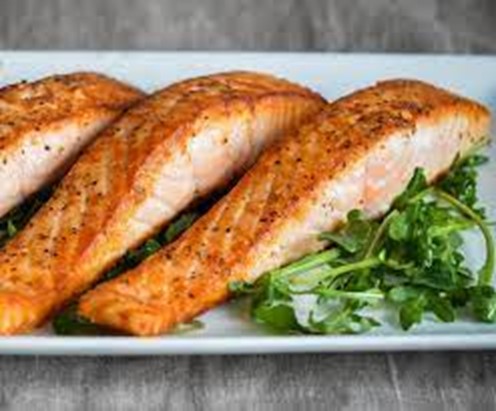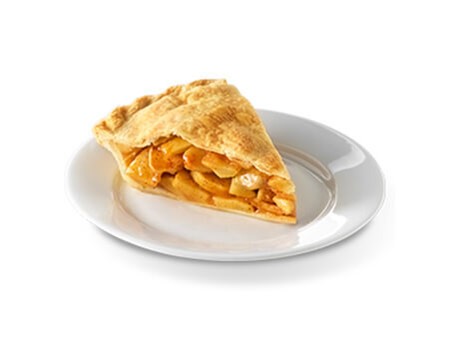A nurse is providing dietary teaching to a client about sources of protein. The nurse should identify which of the following foods are complete proteins?
Gelatin
Legumes
Almonds
Salmon
The Correct Answer is D
Choice A reason: Gelatin is an incomplete protein, meaning it does not contain all nine essential amino acids that the body cannot synthesize.
Choice B reason: Legumes are incomplete proteins, but they can be combined with grains, nuts, seeds, or dairy products to form complete proteins.
Choice C reason: Almonds are incomplete proteins, but they can be combined with other foods to form complete proteins.
Choice D reason: Salmon is a complete protein, meaning it contains all nine essential amino acids that the body needs.

Nursing Test Bank
Naxlex Comprehensive Predictor Exams
Related Questions
Correct Answer is C
Explanation
Choice A reason: Thawing frozen meat on the counter is not a good practice for food poisoning prevention because it can allow bacteria to grow rapidly on the surface of the meat. Thawing frozen meat should be done in the refrigerator, in cold water, or in the microwave.
Choice B reason: Reusing leftover marinade as sauce is not a good practice for food poisoning prevention because it can contaminate cooked food with raw meat juices that may contain bacteria. Leftover marinade should be discarded or boiled for at least one minute before using as sauce.
Choice C reason: Apple pie is a good choice for food poisoning prevention because it is unlikely to contain harmful bacteria or toxins. Apple pie is made from cooked apples, sugar, flour, and butter, which are low-risk ingredients for food poisoning. Apple pie should be stored in the refrigerator or freezer after cooling to prevent spoilage.
Choice D reason: Cooked rice is not a good choice for food poisoning prevention because it can harbor a bacterium called Bacillus cereus, which can produce toxins that cause vomiting and diarrhea. Cooked rice should be cooled quickly and stored in the refrigerator for no more than one day or in the freezer for longer periods. Cooked rice should be reheated thoroughly before eating.

Correct Answer is A
Explanation
Choice A reason: Tapioca is a gluten-free food that can be recommended for a client who has celiac disease. Tapioca is a starch extracted from the cassava root, which is a tuber plant. Tapioca can be used to make puddings, breads, flours, and pearls.
Choice B reason: Barley is not a gluten-free food that can be recommended for a client who has celiac disease. Barley is a cereal grain that contains gluten, which is a protein that can trigger an immune response and damage the small intestine in people who have celiac disease. Barley should be avoided or replaced with gluten-free grains, such as rice, quinoa, or buckwheat.
Choice C reason: Cold cuts are not gluten-free foods that can be recommended for a client who has celiac disease. Cold cuts are sliced meats that are often processed and cured with additives, such as fillers, binders, and preservatives, that may contain gluten. Cold cuts should be avoided or checked for gluten-free labels before consuming.
Choice D reason: Flavored chips are not gluten-free foods that can be recommended for a client who has celiac disease. Flavored chips are snack foods that are often made from potatoes, corn, or rice, which are gluten-free ingredients, but they may also contain seasonings, spices, and sauces that may contain gluten. Flavored chips should be avoided or checked for gluten-free labels before consuming.

Whether you are a student looking to ace your exams or a practicing nurse seeking to enhance your expertise , our nursing education contents will empower you with the confidence and competence to make a difference in the lives of patients and become a respected leader in the healthcare field.
Visit Naxlex, invest in your future and unlock endless possibilities with our unparalleled nursing education contents today
Report Wrong Answer on the Current Question
Do you disagree with the answer? If yes, what is your expected answer? Explain.
Kindly be descriptive with the issue you are facing.
